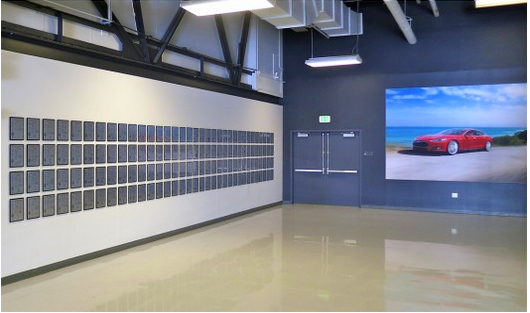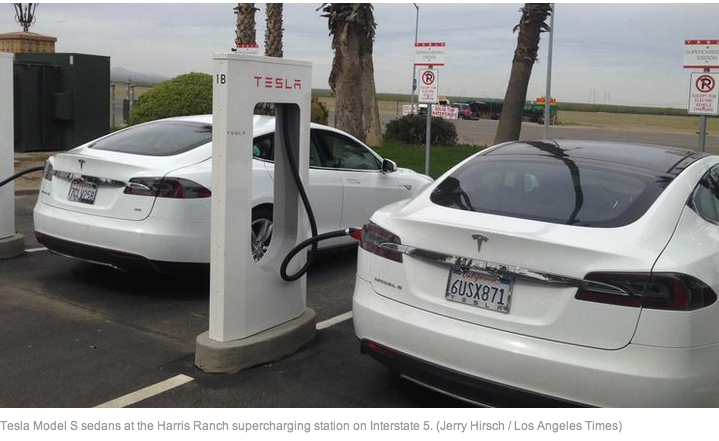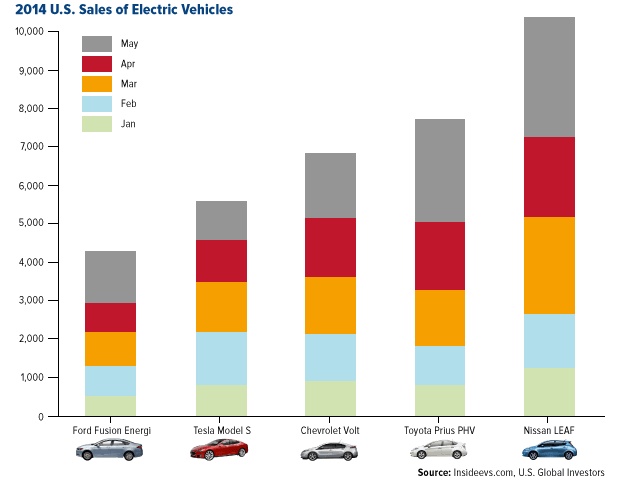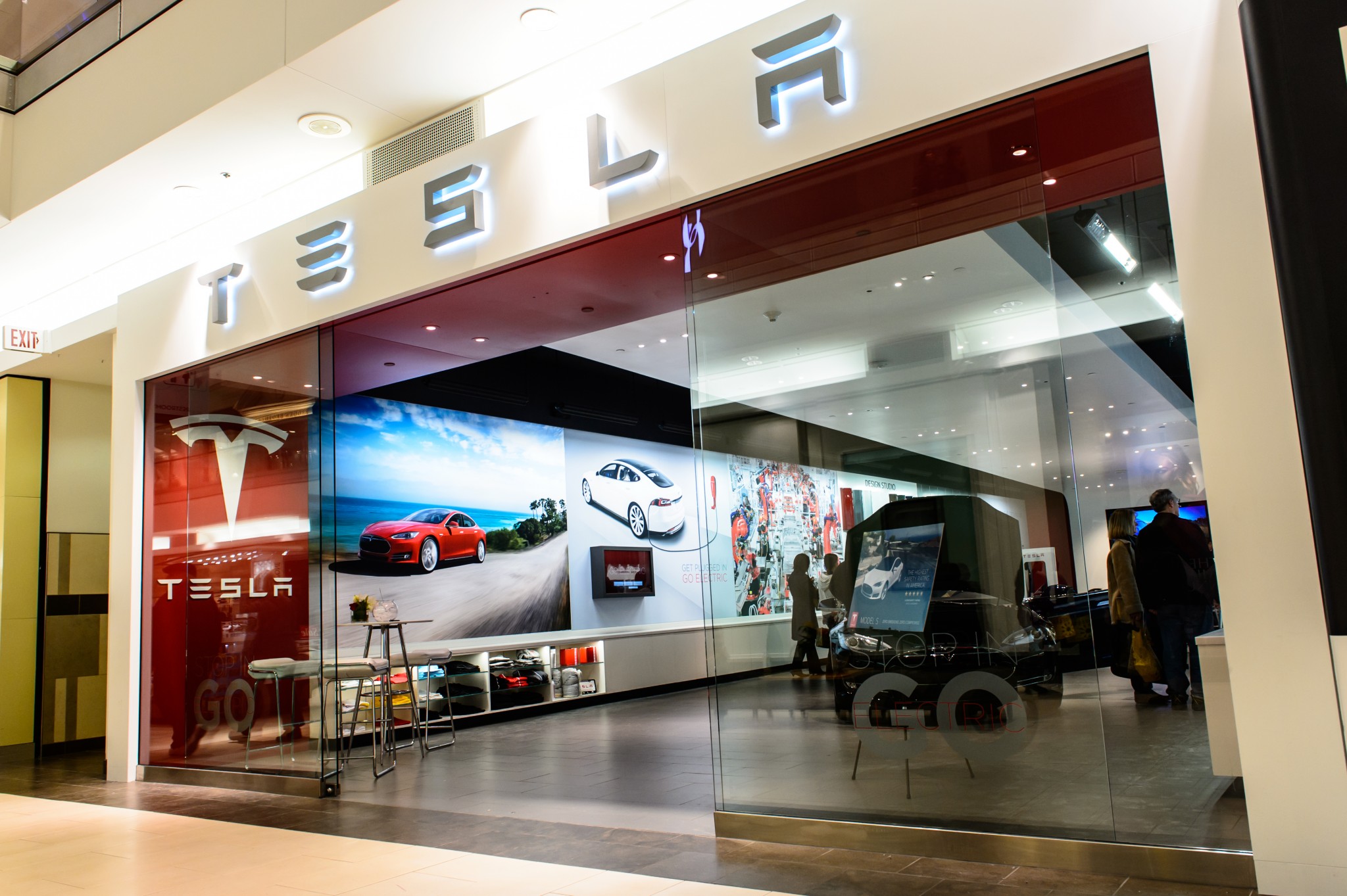Our Wednesday environment focus
Elon Musk just flipped entrepreneurial logic upside down. Rather than building a patent moat around his technology, he announced it would be available to anyone using it “in good faith.” That means Tesla’s 203 patents will be accessible to all who want to copy them. Musk even eliminated his “wall of patents” at Tesla HQ.

In his 1791 “Report on Manufactures,” Secretary of the Treasury Alexander Hamilton said patents (and tariffs) were necessary for protecting infant industries. Through a domestic monopoly for a fixed time period, the entrepreneurial “pay off” could be guaranteed. In that way, the country and the individual would benefit.
So why would Elon Musk have given his R&D to everyone?
Perhaps he wants an Electric Vehicle (EV) ecosystem. If the industry adopted his battery, his factories could be a source of supply for everyone. Furthermore, if the Tesla battery became an industry standard then so too could the Tesla charging station. With only 100 Supercharging Stations currently in the US and Europe, Tesla surely wants more. Imagine an EV ecosystem in which Toyota and BMW join with Tesla to build a charger station network similar to our gasoline station prototype.

Ultimately, Tesla’s push for standardization could give the industry the power it needs to move past 1% of vehicle sales. By diminishing the incentive to develop competing green technologies like hydrogen fuel cells, the strategy could lessen fragmentation. United, the EV industry might fight the gasoline engine more successfully.

Our bottom line: For electrically powered vehicles, Tesla inspired standardization is somewhat reminiscent of the 19th century spread of railroads. Only when track size was standardized could they become a viable transportation infrastructure. Perhaps Tesla needs standardization to create the economy of scale that will generate its nationwide infrastructure.
Can you envision an EV industry infrastructure developing from the economy of scale Musk hopes for? Please let us know in a comment.
Why Tesla's Totally Illogical Strategy Might Work

Elaine Schwartz
Elaine Schwartz has spent her career sharing the interesting side of economics. At the Kent Place School in Summit New Jersey, she was honored with an Endowed Chair in Economics. Just published, her newest book, Degree in a Book: Economics (Arcturus 2023), gives readers a lighthearted look at what definitely is not “the dismal science.” She has also written and updated Econ 101 ½ (Avon Books/Harper Collins 1995) and Economics: Our American Economy (Addison Wesley 1994). In addition, Elaine has articles in the Encyclopedia of New Jersey (Rutgers University Press) and was a featured teacher in the Annenberg/CPB video project “The Economics Classroom.” Beyond the classroom, she has presented Econ 101 ½ talks and led workshops for the Foundation for Teaching Economics, the National Council on Economic Education and for the Concord Coalition. Online for more than a decade. econlife has had one million+ visits.





